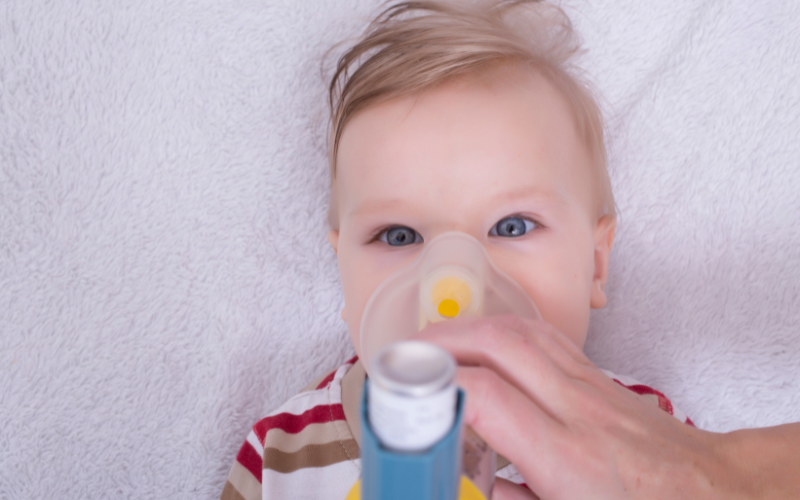Search
Research
Complications associated with paediatric airway management during the COVID-19 pandemic: an international, multicentre, observational studyRespiratory adverse events in adults with COVID-19 undergoing general anaesthesia can be life-threatening. However, there remains a knowledge gap about respiratory adverse events in children with COVID-19. We created an international observational registry to collect airway management outcomes in children with COVID-19 who were having a general anaesthetic.
Research
Impact of airway and a standardized recruitment maneuver on CT chest imaging quality in a pediatric population: A retrospective reviewWhen performing computerized tomography chest imaging in children, obtaining high quality, motion-free images is important in the accurate diagnosis of underlying pathology. General anesthesia is associated with the development of atelectasis, which can impair accurate diagnosis by obscuring or altering the appearance of the lung parenchyma or airways.
Research
A cross-sectional study of factors associated with regular dog walking and intention to walk the dogDog walking is important for public health and dog welfare, yet some owners do not walk with their dogs regularly. This study examined factors associated with participation in regular dog walking and intention to dog walk, in order to inform physical activity interventions.
Research
The Allure of Big Data to Improve Stroke Outcomes: Review of Current LiteratureTo critically appraise literature on recent advances and methods using "big data" to evaluate stroke outcomes and associated factors.
Research
Growth of the airway smooth muscle layer from late gestation to childhood is mediated initially by hypertrophy and subsequently hyperplasiaThe airway smooth muscle (ASM) layer thickens during development. Identifying the mechanism(s) for normal structural maturation of the ASM reveals pathways susceptible to disease processes. This study characterized thickening of the ASM layer from foetal life to childhood and elucidated the underlying mechanism in terms of hypertrophy, hyperplasia and extracellular matrix (ECM) deposition.
Research
Interpregnancy interval and the risk of oppositional defiant disorder in offspringThe study aimed to investigate the association between interpregnancy interval (IPI) and parent-reported oppositional defiant disorder (ODD) in offspring at 7 and 10 years of age. We used data from the Avon Longitudinal Study of Parents and Children (ALSPAC), an ongoing population-based longitudinal study based in Bristol, United Kingdom (UK).

News & Events
Unravelling the mystery of persistent wheeze in children: Study reveals crucial immune cell differencesThe study found the rare immune cells, known as plasmacytoid dendritic cells, showed clear signs of activation and virus defence in children with transient wheeze, whereas in children with persistent wheeze the same immune cells showed very limited activation without any signs of virus defence.
Research
Brief Report: Facial Asymmetry and Autistic-Like Traits in the General PopulationAtypical facial morphology, particularly increased facial asymmetry, has been identified in some individuals with Autism Spectrum Conditions (ASC). Many cognitive, behavioural and biological features associated with ASC also occur on a continuum in the general population.
Research
Therapeutic targeting of the leukaemia microenvironmentIn recent decades, the conduct of uniform prospective clinical trials has led to improved remission rates and survival for patients with acute myeloid leukaemia and acute lymphoblastic leukaemia. However, high-risk patients continue to have inferior outcomes, where chemoresistance and relapse are common due to the survival mechanisms utilised by leukaemic cells.
Research
Factors associated with dental hospitalisations in children with intellectual disability or autism spectrum disorder: a Western Australian population-based retrospective cohort studyThis study investigated dental hospitalisations in Western Australian (WA) children with intellectual disability (ID) and/or autism spectrum disorder (ASD) aged up to 18 years.
